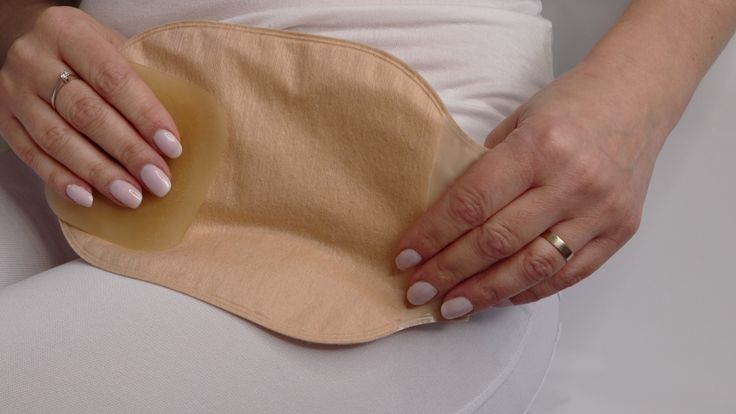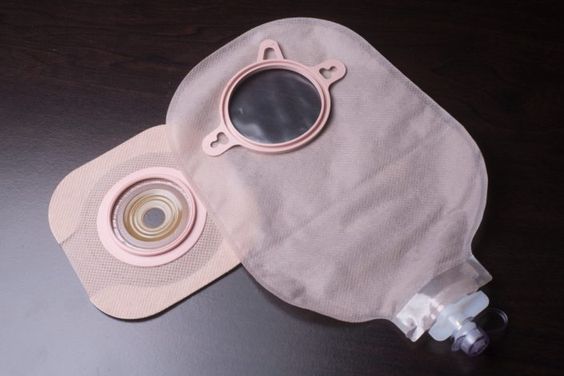Many people face the challenge of stoma care after surgery, and one of the most common concerns is whether touching or cleaning the stoma will hurt or be painful. In fact, proper care is not only safe but also crucial for maintaining stoma health and preventing complications. The stoma itself lacks nerve endings, so direct touch is generally not painful, but the surrounding skin and wound area may be sensitive. Understanding proper care can help reduce anxiety and avoid unnecessary infection or irritation.

Why isn't it painful to touch my stoma?
A stoma is a section of the intestine that is brought to the surface of the abdominal wall to drain waste. This tissue, similar to the tissue inside the mouth, lacks pain nerves and is generally not painful when touched or cleaned. However, the skin around the stoma and the surgical wound may be painful, especially in the immediate postoperative period. Improper handling, such as applying excessive force or using the wrong cleaning products, can cause discomfort or damage the surrounding skin. It's important to distinguish between the stoma itself and the surrounding area, prioritizing skin protection rather than being afraid to touch the stoma.
What are some common mistakes when cleaning a stoma?
Some patients avoid thorough cleaning for fear of injury, which can actually cause problems. For example, using harsh soaps or alcohol-based products to clean the skin around the stoma can cause dryness, cracking, or irritation. Another misconception is rubbing the stoma vigorously. Although the stoma itself is not easily damaged, excessive friction can irritate the surrounding skin and even cause minor bleeding. In addition, some people believe that the stoma does not require regular care, but in fact, daily cleaning is necessary to prevent the accumulation of secretions and infection. Neglecting cleanliness can cause skin problems such as eczema or infection, which in turn increases discomfort.
How do I clean and touch my stoma safely?
Correct cleaning methods can greatly reduce the risk. Wash your hands before care and prepare mild cleaning products, such as warm water and fragrance-free neutral soap. Avoid using products containing alcohol or essential oils. When cleaning, gently wipe the stoma and surrounding skin with a soft cloth or gauze. Be gentle and use circular motions to remove dirt. If you are changing the ostomy bag, you can first clean the skin and dry it thoroughly before sticking the new bag. For patients who have just undergone surgery, the wound may not have healed yet. It is recommended to follow the instructions of medical staff and use sterile saline or a cleanser recommended by the doctor. In daily care, regularly check the stoma and surrounding skin for redness, swelling, ulcers, or abnormal secretions. If there are any problems, seek medical attention immediately.

What should I do if discomfort or problems arise?
Even with proper care, occasional minor discomfort, such as redness or itching, may occur. This is usually normal and can be relieved by keeping the stoma dry and using stoma powder. However, if pain persists, bleeding occurs, or you notice signs of infection, such as fever or pus, contact a healthcare professional immediately. Do not self-medicate or ignore symptoms, as early intervention can prevent serious complications. Regular follow-up visits with your healthcare provider are also important; they can provide personalized advice and adjust your care plan.
For more information customized on Innomed®Ostomy Bag Aluminum Nonwoven, refer to the Previous Articles. If you have needs, you are welcome to contact us; You Wholeheartedly. At longterm medical, we transform this data by Innovating and Developing Products that Make Life Easier for Those Who Need Loving Care.
Editor: kiki Jia

 English
English عربى
عربى Español
Español русский
русский 中文简体
中文简体








